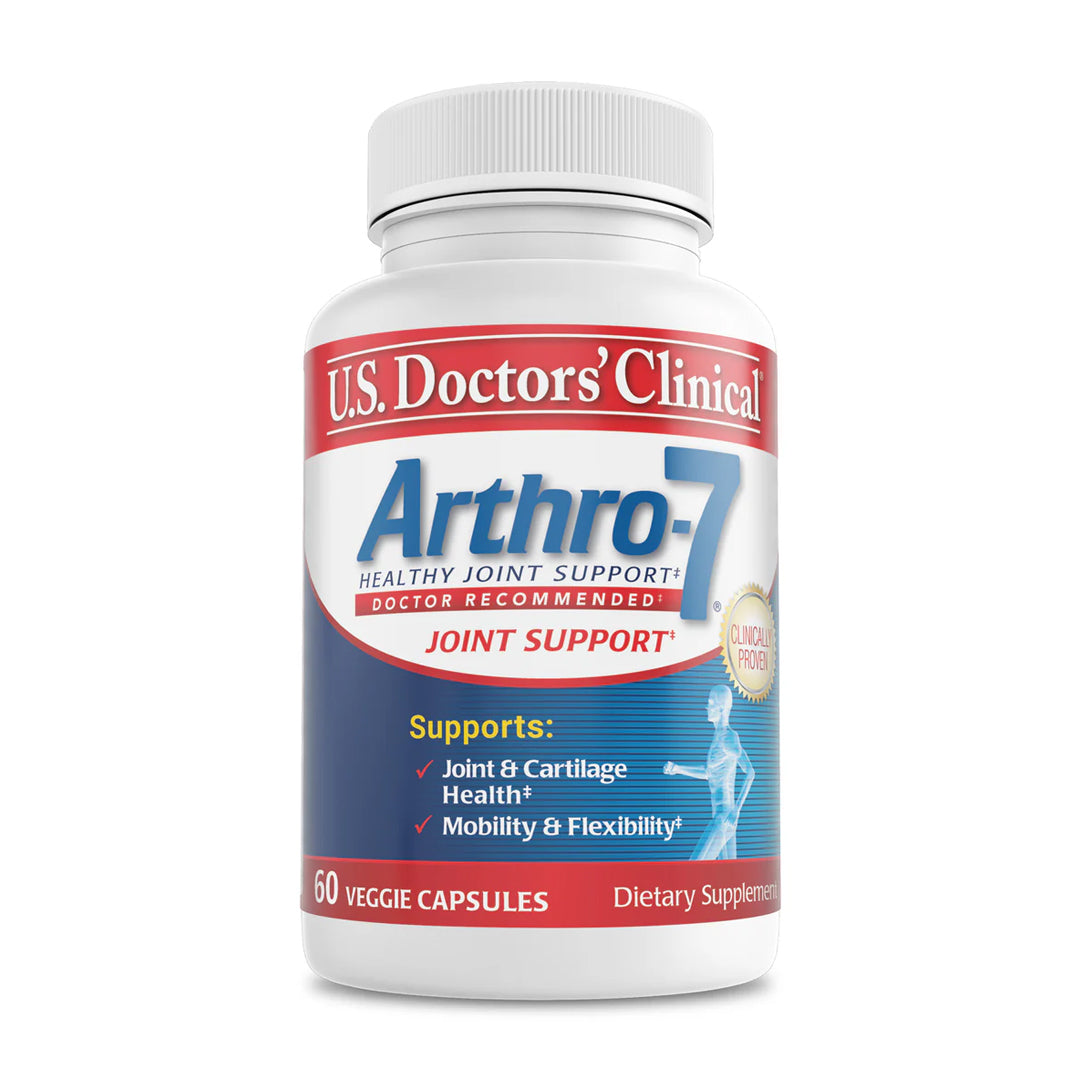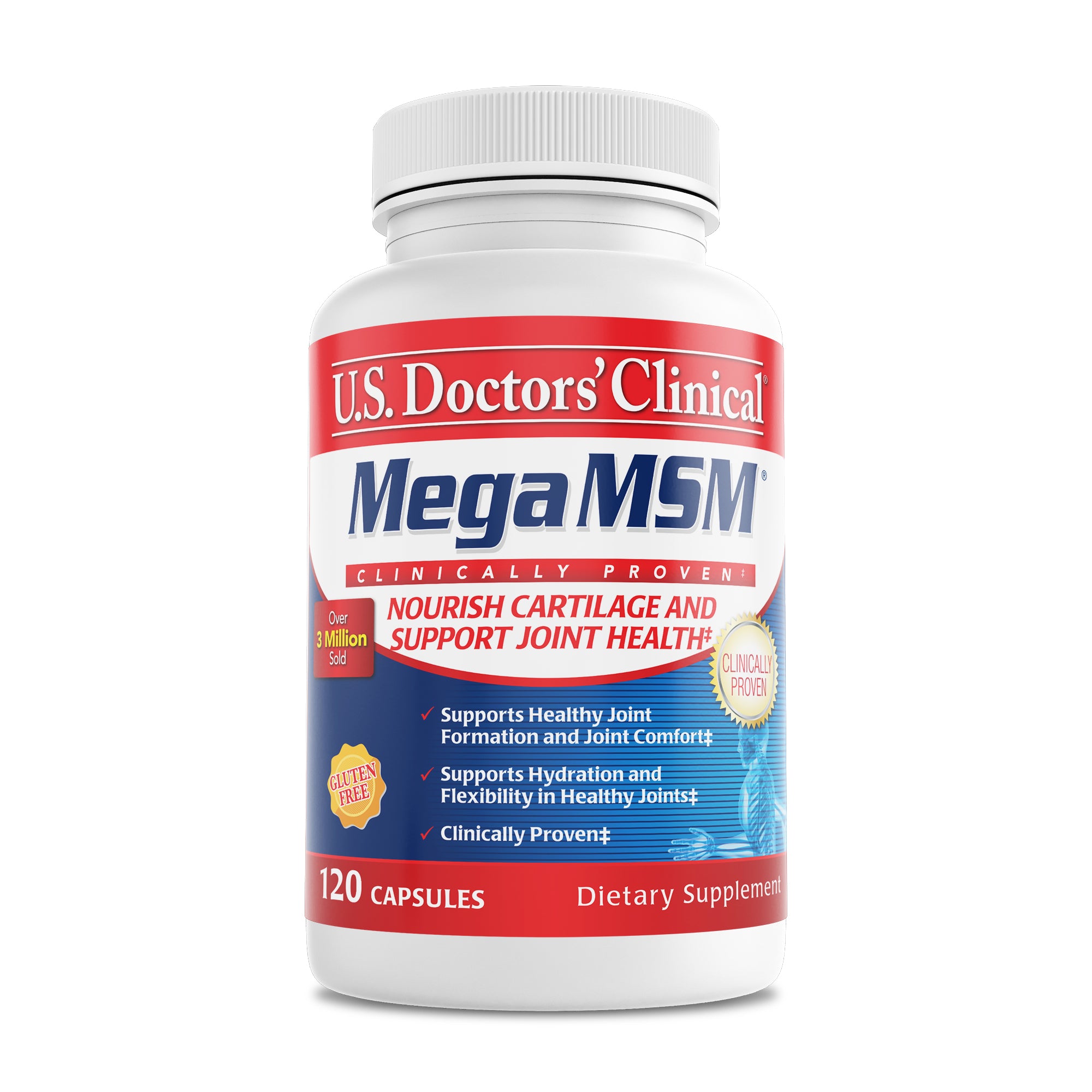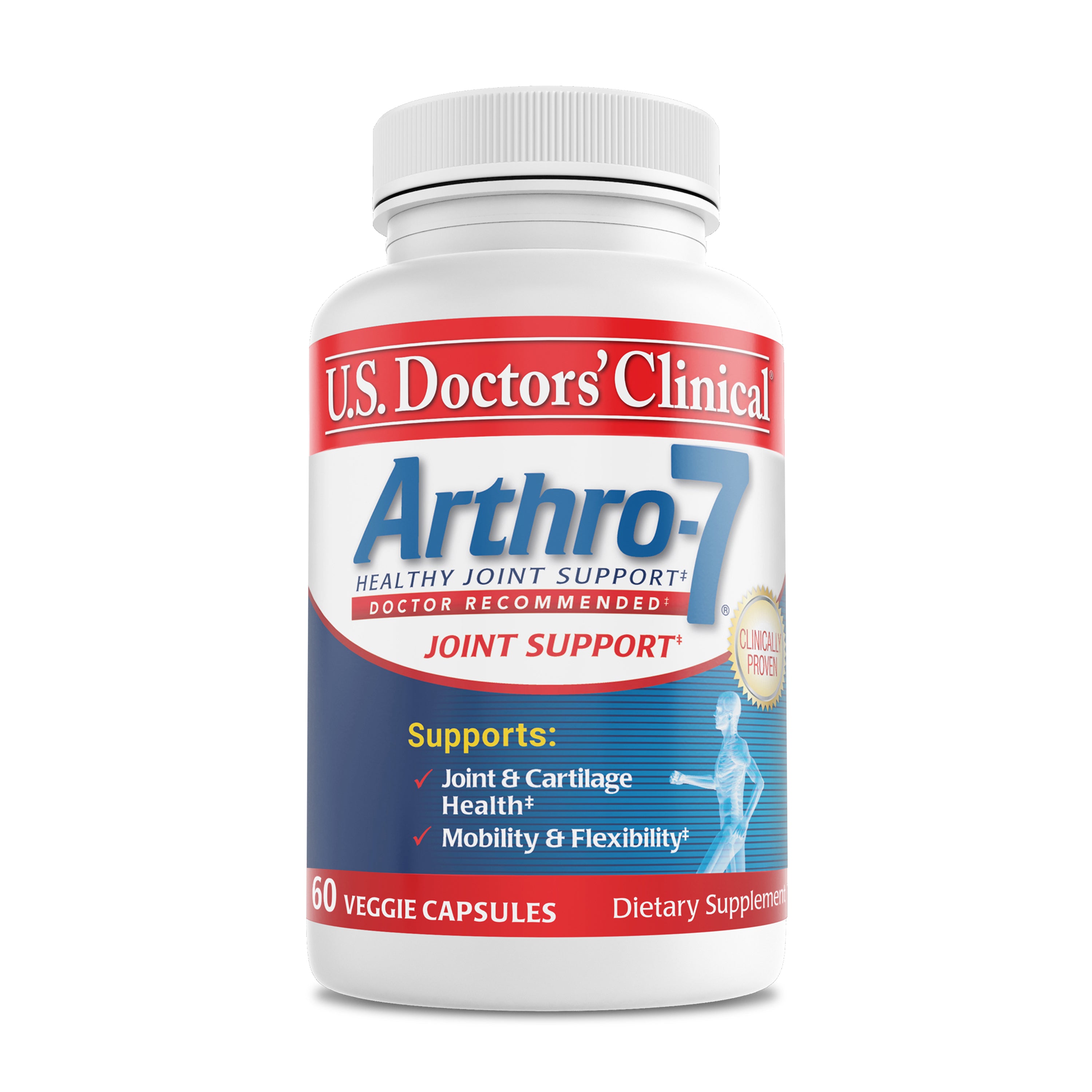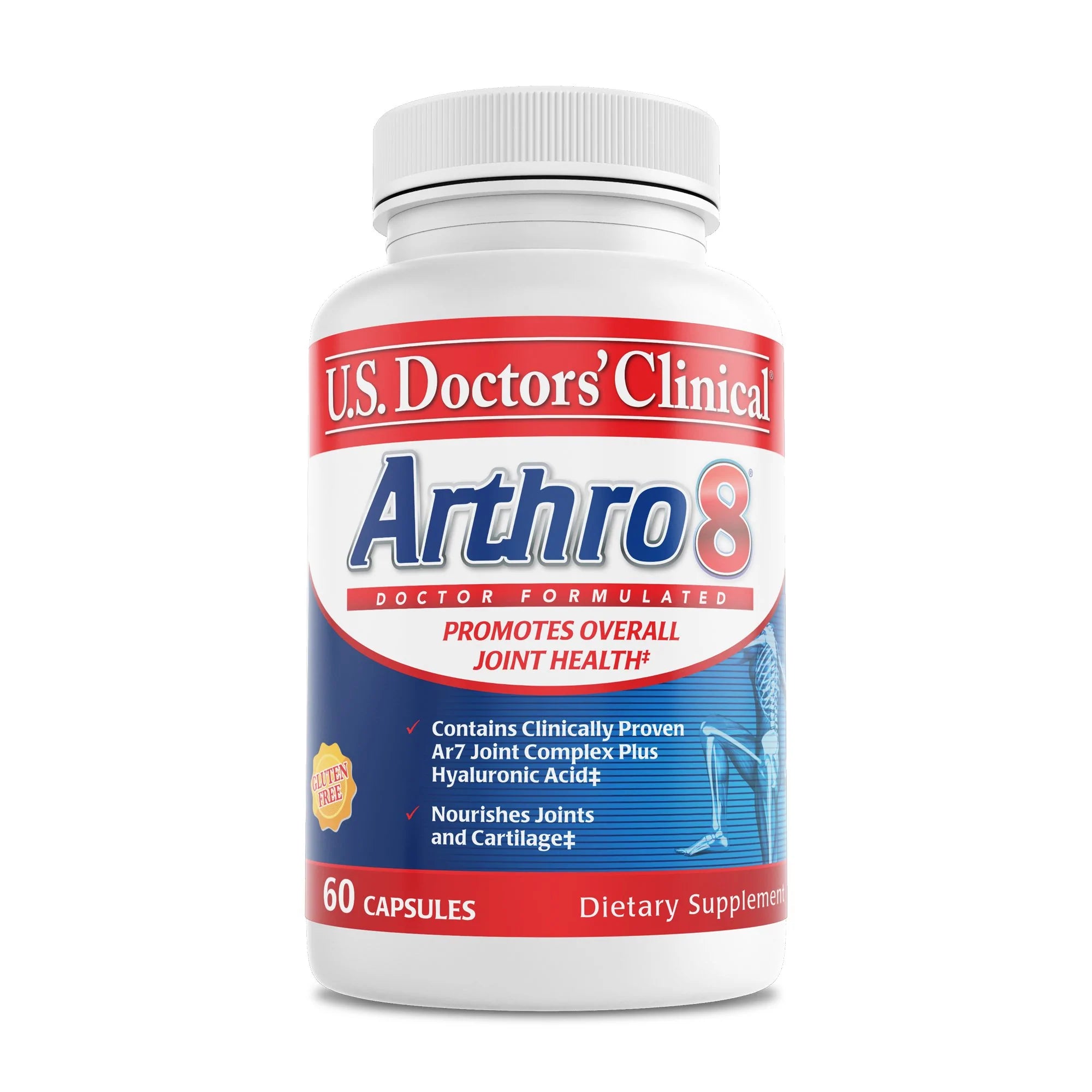7 Tips Post Knee Replacement Surgery
If you’re experiencing knee arthritis, you’re not alone. Nearly 50% of Americans will experience it sometime in their lives. Knee replacement surgery can help relieve pain and restore mobility when your knee has been severely affected by arthritis or an injury. While knee replacements have an average recovery time of 6 months, there are ways to help you make a safe and speedy recovery.
When you’re recovering, it is crucial to commit to a plan and push yourself to help you get back to an active lifestyle and increase your chances that the knee will stay healthy long-term.

1. Get Moving ASAP
Although it may be uncomfortable and feel different at first, it’s important to get back on your feet when your doctor tells you that it’s safe. Keeping your joints moving can help prevent blood clots, improve circulation, encourage flexibility, and bring nutrients to your knee to support recovery. After knee replacement surgery, many patients are able to get up and move while they’re still in the hospital. While you’ll need the help of a walker for the first few weeks, most patients can walk by themselves within 4 to 8 weeks after surgery.
2. Exercise Regularly
Continue the movement you will start and translate it into exercise. Participating in physical activities like walks or using an elliptical machine can help strengthen your muscles and encourage a faster recovery. You will understandably want to get back to the activities you enjoyed pre-surgery, but it’s important not to push yourself too hard before you are ready. Consult with your doctor about the exercises that are safe for you to join.
3. Complete Physical Therapy
In addition to exercising on your own, you will complete physical therapy to help your leg get stronger and your knee joint to regain movement. Expect to complete exercises with your physical therapist and at home to help your knee heal faster and walking become easier. Although you may start feeling better, continuing physical therapy until your therapist says that you are finished is the best way to fully recover.

4. Take Time to Rest
Researchers have found that the body restores and strengthens itself during sleep, making it just as important as movement during recovery. It may be difficult for you to be forced to slow down, but it will make it easier for you to get back to normal in the long run. Take this time to finally read the book that’s been sitting on your nightstand or binge-watch the new season of that show you keep hearing about.
During the first months of your recovery, your knee will likely experience swelling. Resting with your leg elevated with ice can help decrease the length of your healing time.
5. Eat the Right Foods
Maintaining a balanced diet and including specific power foods can help your body receive the nutrients it needs to recover.
- Protein: Getting protein from foods like chicken and eggs can help the body repair and build healthy tissue.
- Iron: Steak and beans provide the body with iron to help the body’s cells make energy.
- Vitamin C: Fruits like watermelon and oranges are full of vitamin C to help the body repair damaged tissues, strengthen your bones and teeth, and encourage iron absorption.
- Calcium: Drinking milk and eating yogurt provides the body with calcium to support the bones and aid muscle movement.
- Fiber: Brown rice and whole-grain pasta contain fiber to keep your bowel system functioning normally.

6. Be Patient
Recovering from knee surgery can be an arduous process, but remember you’re doing your best and be kind to yourself. The body takes time to recover and it’s important to be patient and trust that your doctors have your best interests at heart. Healthline outlines a detailed look at what you can expect during the first 12 weeks of your recovery. Here is a sneak peek:
- Week 1 to 3: Walk and stand for more than 10 minutes and transition to using a cane to help you move around.
- Week 4 to 6: Return to work, driving, and completing household chores.
- Week 7 to 12: Typically safe to participate in low-impact physical activities with clearance from your doctor.
- Week 12+: Enjoy high impact activities with clearance from your doctor and receive guidance from your physical therapist about further treatment.
Sources:
- Tri-State Orthopaedics. “5 Tips to Speed Your Recovery After Knee Replacement Surgery.”
https://www.tri-stateorthopaedics.com/blog/5-tips-to-speed-your-recovery-after-knee-replacement-surgery - Noyes Knee Institute. “5 Tips to Speed Up Recovery After Knee Surgery.”
https://noyeskneeinstitute.com/5-tips-speed-recovery-knee-surgery/ - Allina Health's Patient Education Department, Knee Replacement, seventh edition, ortho-ah-90140
https://www.allinahealth.org/health-conditions-and-treatments/health-library/patient-education/total-knee-replacement/after-surgery/nutrition#:~:text=Eat%20foods%20high%20in%20vitamin,%2C%20peppers%2C%20potatoes%20and%20cabbage. - Carey, Elea and Greengard, Samuel. “Recovery Timeline for TKR: Rehabilitation Stages and Physical Therapy.” Healthline. 2020.
https://www.healthline.com/health/total-knee-replacement-surgery/rehabilitation-timeline






